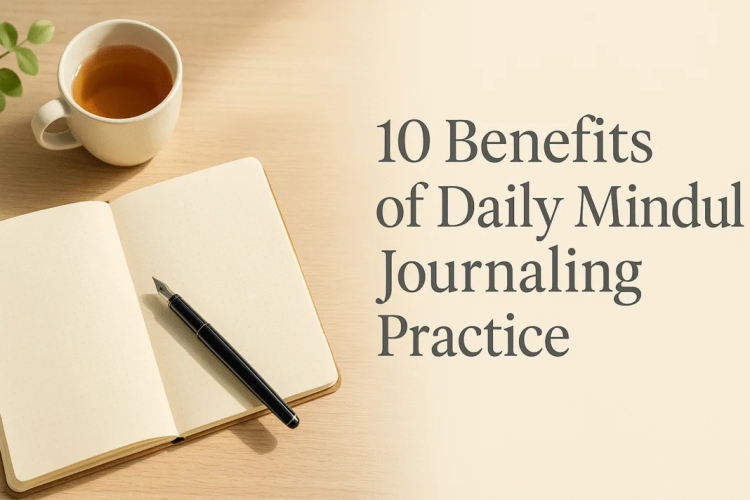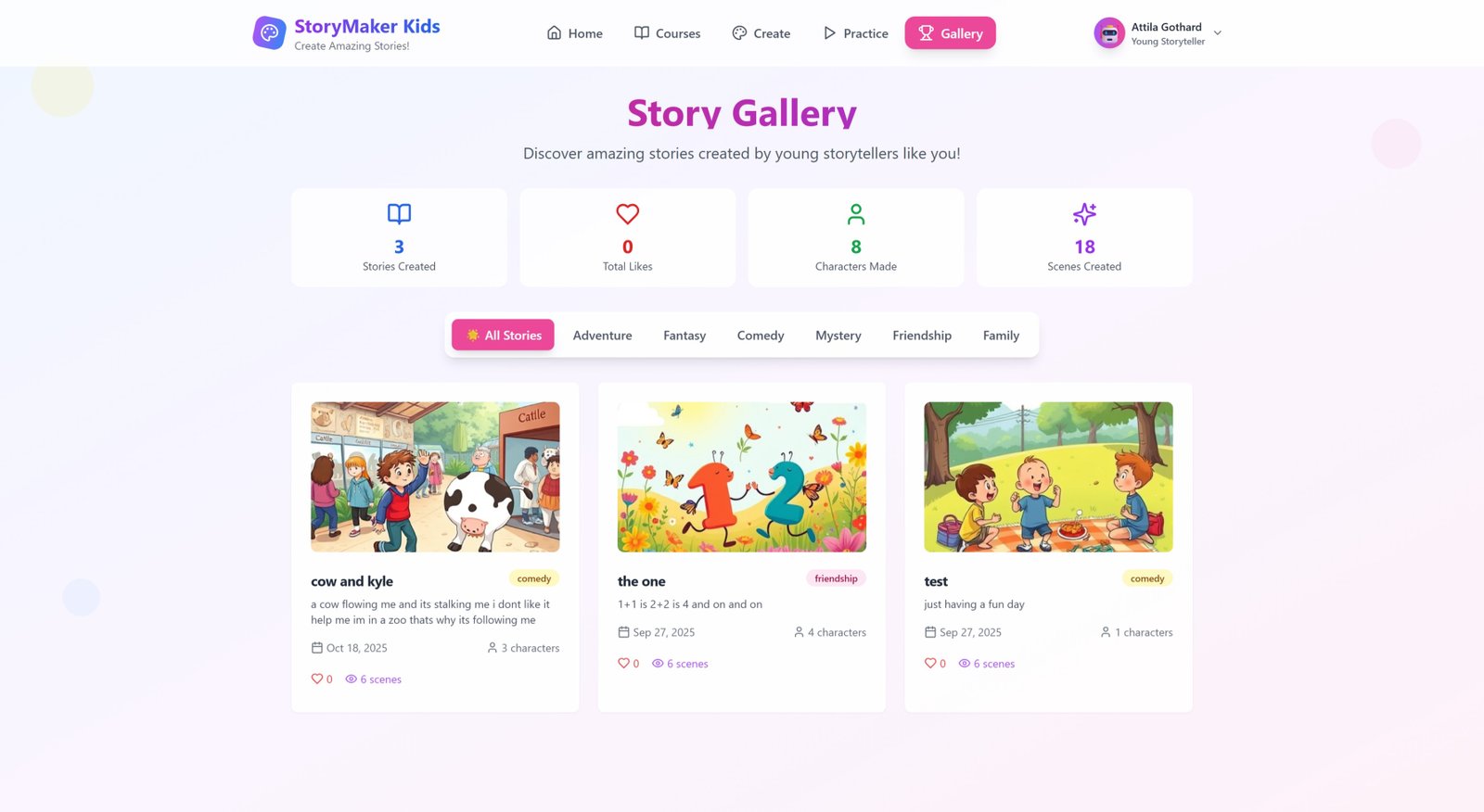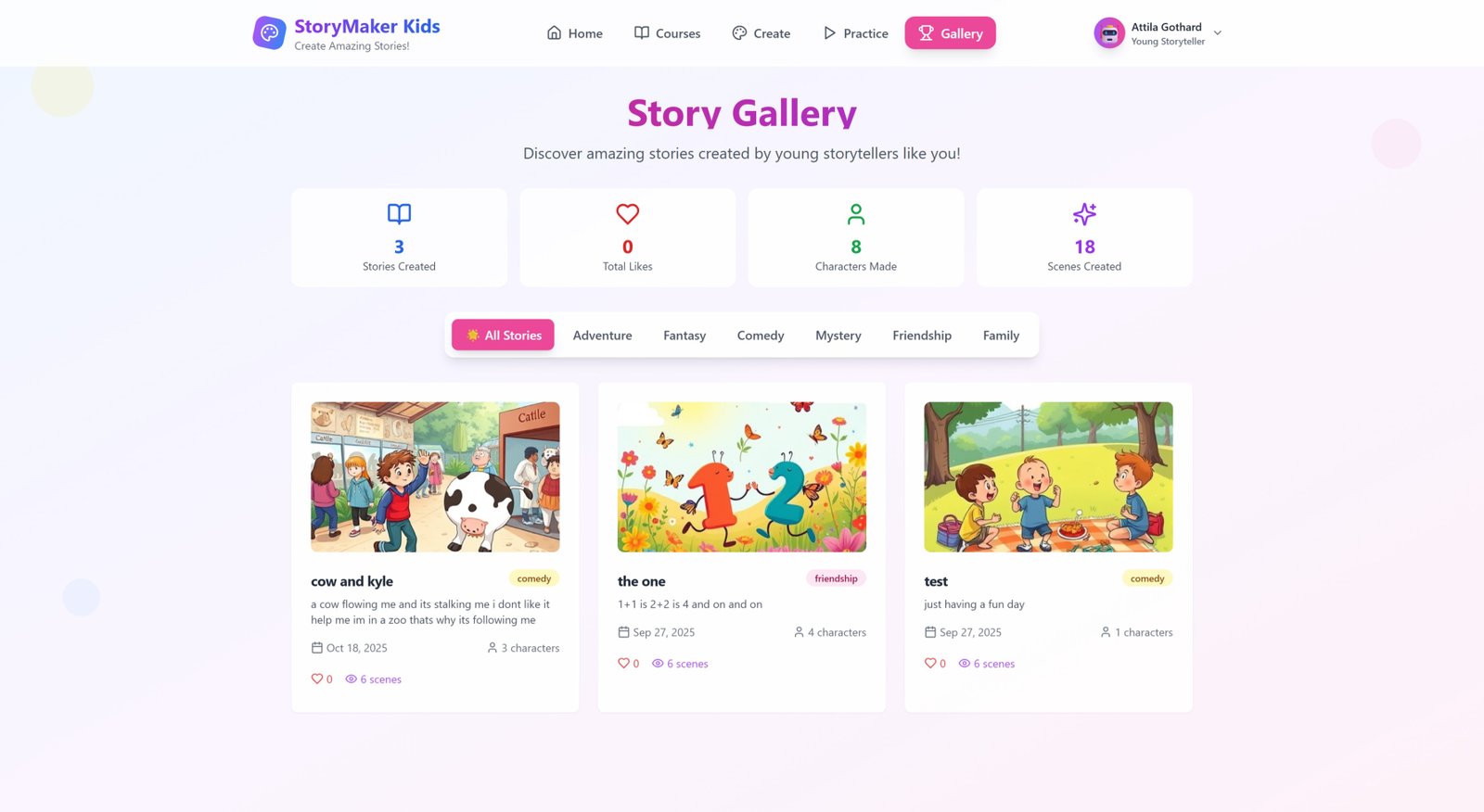Discover the Life-Changing Benefits of Mindful Journaling
Discover the transformative benefits of mindful journaling for emotional clarity, stress relief, and self-awareness through daily reflective writing.

In today’s fast-paced world, where distractions are constant and mental rest feels like a luxury, finding a simple yet powerful tool for grounding the mind has become essential. Among the many wellness practices emerging in modern life, the benefits of mindful journaling stand out for their unique blend of self-expression, emotional healing, and mindfulness. Unlike traditional journaling, which focuses mainly on recording events or feelings, mindful journaling invites you to slow down, notice your thoughts without judgment, and connect deeply with your inner world. It is less about perfect sentences and more about genuine awareness—a practice that cultivates peace, balance, and presence in an often chaotic life.
A Deeper Understanding of Mindful Journaling
To understand the benefits of mindful journaling, it’s important to grasp its essence. Mindful journaling is a deliberate practice where one writes not merely to remember events but to become conscious of the present moment. Each word becomes a way to process experiences with awareness rather than reaction. This kind of writing encourages acceptance—of emotions, circumstances, and even imperfections. When practiced regularly, it transforms your journal into a safe, reflective space where thoughts are acknowledged rather than suppressed. Over time, it becomes a form of meditation in motion—anchoring the mind in the now and allowing insight to rise naturally.
Emotional Healing Through Conscious Reflection
One of the most profound benefits of mindful journaling is emotional release. Many people carry hidden burdens—stress, anxiety, grief, or unresolved conflict—that quietly shape their mental and emotional states. When you sit with your journal and let words flow freely, you create an outlet for emotions that might otherwise remain unspoken. This release is deeply therapeutic. Writing helps you name emotions, and in doing so, it reduces their intensity. You begin to understand patterns—why certain things trigger you or why specific emotions persist. This self-awareness is the first step toward emotional healing, and mindful journaling provides the perfect space to achieve it.
Cultivating Mental Clarity and Focus
In a world filled with constant notifications and endless mental chatter, clarity is often lost. Mindful journaling acts as a mental decluttering process. As thoughts spill onto paper, they lose their overwhelming power and start to organize themselves. You begin to see what truly matters and what doesn’t. The process helps separate fleeting worries from genuine concerns, allowing clearer decision-making and problem-solving. Over time, this clarity nurtures a sharper focus, as your mind learns to slow down and prioritize what deserves attention. Many people who practice mindful journaling report improved concentration and reduced mental fatigue, making it a powerful ally for productivity and creativity alike.
Strengthening Self-Awareness and Inner Connection
Among the subtler yet most rewarding benefits of mindful journaling is the strengthening of self-awareness. The more consistently you write, the more you notice recurring patterns—your fears, desires, and beliefs. This awareness gradually shifts how you relate to yourself. You begin to understand not only what you think but also why you think that way. In essence, your journal becomes a mirror reflecting your inner truth. This heightened awareness leads to better self-compassion, as you start treating your emotions and experiences with kindness instead of criticism. It also nurtures authenticity because mindful journaling teaches you to express your truth without filters, judgments, or expectations.
Stress Reduction and Emotional Balance
Stress is an unavoidable part of modern life, but how you manage it determines your emotional health. Mindful journaling is a gentle yet powerful stress-relief tool. By transferring anxious thoughts from mind to paper, you interrupt the cycle of overthinking. The act of writing slows your breathing, calms your nervous system, and centers your attention. Instead of getting caught up in negative thought spirals, journaling redirects your focus to awareness and acceptance. This shift from reaction to observation allows emotions to settle naturally. Over time, this practice cultivates emotional balance, helping you navigate challenges with greater calm and resilience.
Enhancing Gratitude and Positive Thinking
Mindful journaling isn’t only about processing pain or confusion—it’s also a space for cultivating gratitude and joy. When you write consciously about things you’re thankful for, no matter how small, your perspective begins to shift. You start noticing the beauty in everyday moments—the warmth of sunlight, a kind gesture, a simple meal shared with loved ones. This gratitude-oriented journaling rewires the brain toward positivity, gradually reducing negativity bias. The emotional benefits of such practice extend far beyond the page; they spill into your daily interactions and relationships, enriching your overall sense of well-being.
Supporting Personal Growth and Purpose
The benefits of mindful journaling extend deeply into personal growth. As you become more familiar with your inner thoughts, you start identifying what aligns with your true values and what doesn’t. This awareness naturally leads to more authentic life choices. Through regular reflection, you can trace your evolution—how your thoughts, goals, and emotions shift over time. It becomes easier to recognize growth, celebrate progress, and set intentions with clarity. Many people use mindful journaling to connect with a sense of purpose, as it provides an ongoing dialogue between the self that is and the self that is becoming.
Building Emotional Resilience Over Time
Emotional resilience is not built in moments of calm but through how one responds to adversity. Mindful journaling strengthens this resilience by creating a practice of honest emotional exploration. Each time you confront discomfort through writing instead of avoiding it, you build inner strength. Journaling teaches you that emotions are transient—they pass through when allowed space to be felt. This realization empowers you to face future challenges with greater emotional maturity. Over months of consistent practice, your journal becomes a testament to your endurance, reminding you of your ability to rise from difficult moments with wisdom and grace.
Turning Journaling Into a Lifelong Mindful Habit
To truly reap the benefits of mindful journaling, it must evolve from an occasional activity to a gentle daily habit. You don’t need elaborate setups or long hours; even ten minutes of mindful writing each morning or evening can create noticeable change. The key lies in consistency and presence—writing not for perfection, but for awareness. Over time, you may notice subtle yet profound shifts in how you think, feel, and respond to life. Your relationship with yourself deepens, your stress lessens, and your emotional intelligence expands. What starts as a simple writing ritual often blossoms into a way of living with mindfulness, compassion, and authenticity.
Conclusion
The benefits of mindful journaling reach far beyond ink and paper. It is a journey inward—one that invites you to listen, feel, and understand yourself more deeply. Through mindful writing, you learn to observe without judgment, release without resistance, and grow without force. It bridges the gap between thought and awareness, emotion and acceptance. In a world that constantly demands outward attention, mindful journaling offers a return home—to presence, peace, and personal truth. It reminds you that healing, clarity, and joy are not distant destinations, but states of being cultivated in each mindful moment spent with pen in hand and heart open.
What's Your Reaction?




























